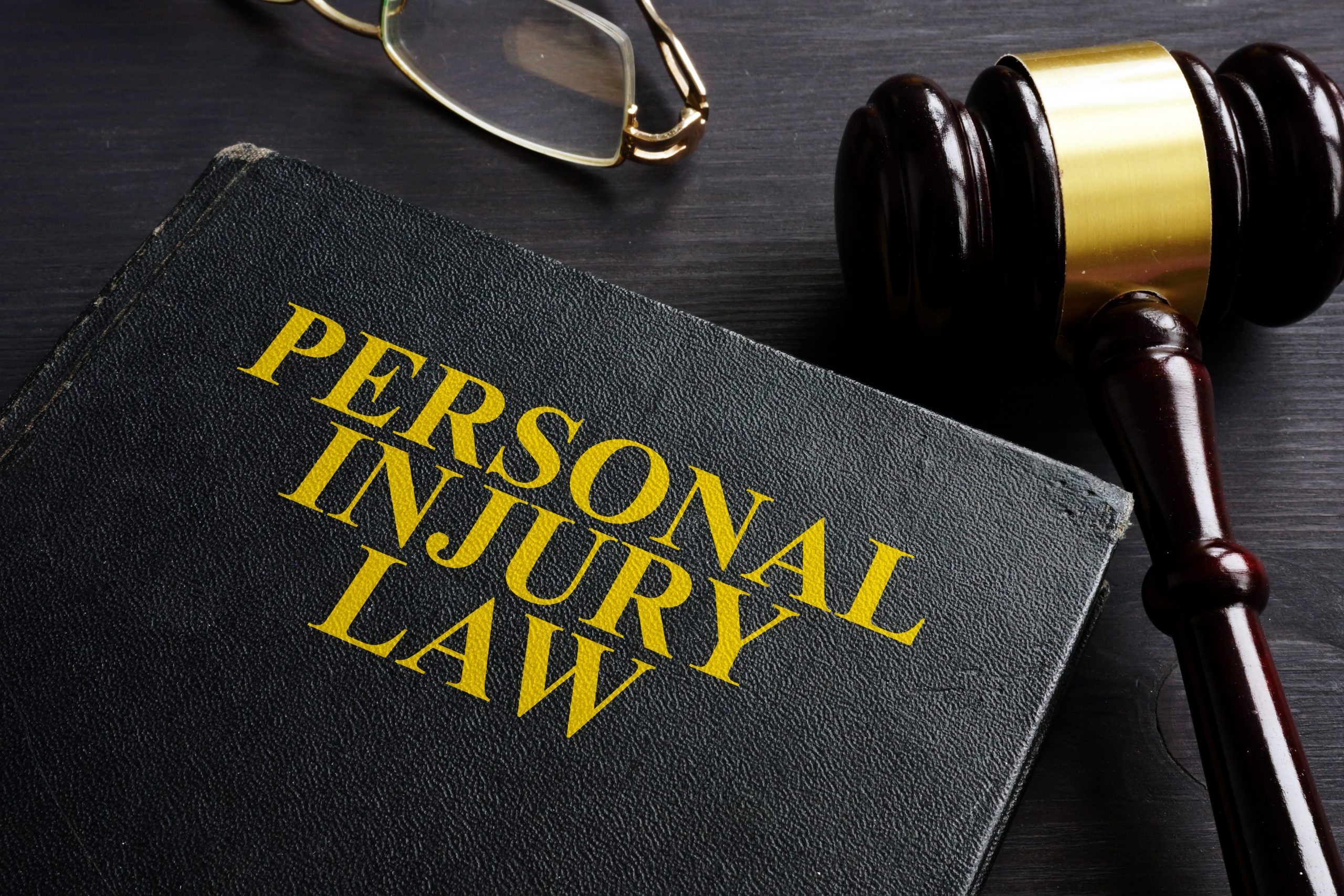Now Reading: How to Calculate a Personal Injury Settlement and What to Expect?
-
01
How to Calculate a Personal Injury Settlement and What to Expect?

How to Calculate a Personal Injury Settlement and What to Expect?
A car crash can be an expensive affair. When filing a lawsuit, one of the first questions you want an answer to would be, “How much is the compensation amount?” This is especially true when you weren’t at fault. Advocates like Florida-based personal injury lawyer, Matt Dolman can build a strong case for you and get you the compensation you deserve for your physical and mental suffering.
You can get:
- Your lost salary
- Reimbursed medical bills or,
- The amount you’ve spent on recovery.
Read on to learn about calculating personal injury settlements and what to expect.
What Constitutes “Personal Injury?”
You might get injured in a car crash or on a property owner’s premises. Or, you might suffer health issues due to doctor’s negligence or wrong prescription medicine. Such physical and mental suffering caused by another person’s carelessness or malicious intent constitutes “personal injury.”
How to Calculate a Settlement Amount?
A personal injury settlement is an agreement between the plaintiff and the defendant to resolve a personal injury claim without going to trial.
The amount of money you receive in a settlement depends on many factors, such as:
- The severity of your injuries: Depending on the accident, you might break a bone, get a concussion, or suffer from whiplash. The more severe your injuries are, the higher your settlement amount will be.
- The effect of the injuries on your life: Did the accident prevent you from working? Did it cause you to lose your job? Does it require you to use a cane or wheelchair? These are all factors that will be considered when calculating your settlement.
- The insurance policy limit: The coverage limit of the at-fault driver’s insurance policy will also affect your settlement amount. If their policy doesn’t have a high enough limit to cover your damages, you might have to file a lawsuit against the driver to get the rest of the money you deserve.
The calculation: The formula uses a multiplier and your medical expenses to estimate non-economic losses (money for the inconvenience). This number is added to your monetary losses (lost income, damage to property, and medical bills) to estimate a dollar amount that can be negotiated.
What are the Usual Damages in a Personal Injury Settlement?
Typically, two types of damages are described in a personal injury lawsuit: economic and non-economic.
Economic damages are available to compensate you for financial losses related to your accident. This can include:
- Your medical expenses: All the bills related to your treatment, including ambulance fees, hospital stay, surgeries, and rehabilitation. You can even be compensated for future medical expenses if your injuries are expected to have long-term effects.
- Your lost income: If you missed work because of your injuries, you could get compensated for your lost wages. If you can’t return to work because of your injuries, you can get compensated for your lost earning potential.
- Your property damage: If the accident damaged your car, you could get compensated for the repairs.
Non-economic damages are more difficult to quantify. They are available to compensate you for how your injuries have affected your life. This can include:
- Pain and suffering: The physical pain caused by your injuries.
- Mental anguish: The emotional distress caused by your injuries, such as anxiety, fear, insomnia, and depression.
- Loss of consortium: How your injuries have affected your relationships, such as the loss of intimacy or companionship.
Final Word
You deserve to receive compensation for an injury when you weren’t at fault. We are sure this guide was helpful. Do you have any questions? Feel free to ask us in the comments!










